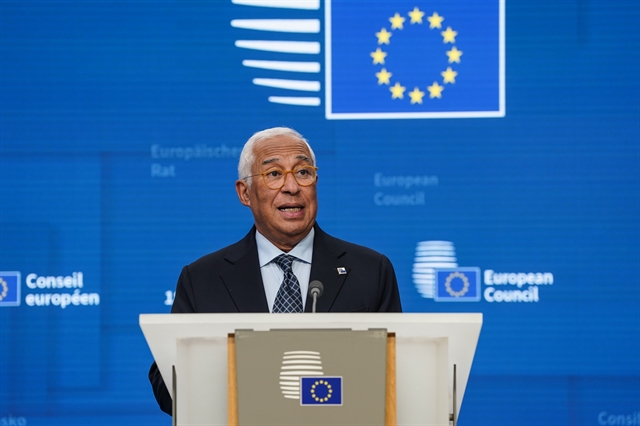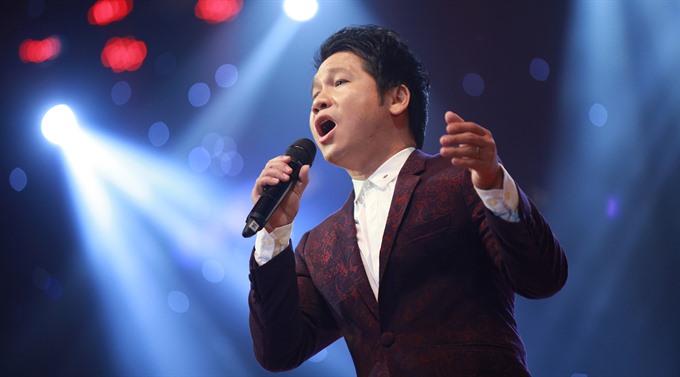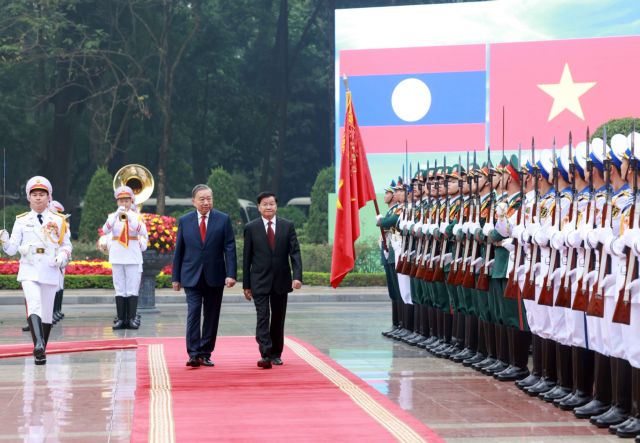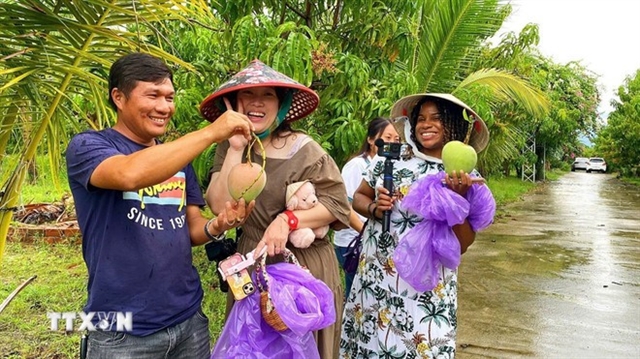 Life & Style
Life & Style

Deputy Prime Minister Vũ Đức Đam has said that already popular songs that have no words against traditional culture values and no violation against national benefits should not need any permission to be performed, regardless of when and where they were composed.
 |
| Singer Trọng Tấn, who specialises in performing revolutionary songs. VNS File Photo |
HÀ NỘI — Deputy Prime Minister Vũ Đức Đam has asked the Ministry of Culture, Sports and Tourism to update its legal documents and regulations on musical performance.
The Deputy PM said that already popular songs that have no words against traditional culture values and do not go against national interest should not need any permission for public performance, regardless of when and where they were composed.
Đam also asked the ministry to enhance its management capabilities over its Performing Arts Department, which recently issued some unpopular regulations that had to be retracted.
In the past few months, the department’s decisions to ban a number of songs composed before 1975 or after 1975 by overseas Vietnamese stirred confusions among the public.
The department had issued a decision to ban five songs, namely Cánh Thiệp Đầu Xuân (Spring Greeting Card, by Lê Dinh & Minh Kỳ), Rừng Xưa (The Old Forest by Lam Phương), Chuyện Buồn Ngày Xuân (Sad Story in a Spring Day by Lam Phương), Đừng Gọi Anh Bằng Chú (Don’t Call Me “Uncle” by Diên An) and Con Đường Xưa Em Đi (Your Old Path by Châu Kỳ and Hồ Đình Phương).
The reason for ban was that performers changed original lyrics or listed the wrong authors’ names.
The department then announced a list of more than 2,500 songs that can be performed in public. However, the list does not contain historic songs by composer Văn Cao, including Tiến Quân Ca (Marching Song) that is now the national anthem, Trường Ca Sông Lô (Lô River Epic) and Tiến Về Hà Nội (Marching to Hà Nội).
The popular song Nối Vòng Tay Lớn (Great Circle of Việt Nam) by composer Trịnh Công Sơn was not listed, either.
On May 20, the department added 300 songs to the list on its website. However, there now is a misunderstanding among audiences that the 300 songs are permitted to be performed again after a previous ban.
The department has also sent a press release saying that it will continue to update the list in order to simplify administrative procedures and facilitate agencies and individuals to use the songs.
Trọng Tấn, a singer specialising in patriotic song, said that the 300-song update was necessary. “But the way that the department dealt with the matter was not proper. It caused inevitable misunderstanding,” he said. — VNS




